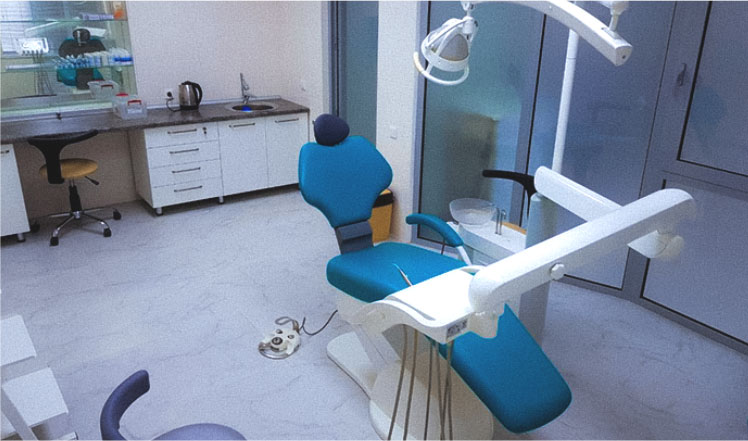Will your brain stay sharp into your 90s? certain factors are key

(HealthDay)—Some people in their 90s stay sharp whether their brain harbors amyloid protein plaques—a hallmark of Alzheimer's disease—or not, but why?
That's the question researchers sought answers for among 100 people without dementia, average age 92, who were followed for up to 14 years. Their answer? A combination of genetic luck and a healthy, fulfilling lifestyle.
"The vast majority of research studies on aging and Alzheimer's disease try to understand what factors predict disease and memory impairment. We turned these questions upside-down, asking 'What seems to protect us from disease and impairment in our 90s?'" said lead researcher Beth Snitz, an associate professor of neurology at the University of Pittsburgh.
"Understanding this kind of resilience may well help identify ways to prevent dementia," Snitz added.
The study reinforces some things scientists already knew, such as the importance of good cardiovascular health and building up a "cognitive [mental] reserve. These likely can help buffer against the effects of brain disease or injury later in life," she said.
Her team also found that people whose scores were normal on thinking and memory tests when the study began were less likely to have problems with their thinking skills, even if they had amyloid protein plaques in their brains (which have been linked to Alzheimer's disease).
The researchers also found that those with the APOE2 gene mutation, which has been tied to a lower risk of Alzheimer's disease, were less likely to develop amyloid plaques than people who did not have this gene variant.
In fact, the APOE2 mutation was linked with a six times lower risk of developing plaques, the findings showed.
This mutation, however, is rare, occurring in only 10% of the people in the study. Among those with the mutation, 70% didn't develop plaques, the study authors noted.
Some lifestyle factors also affected brain aging. For example, those who never smoked were over 10 times more likely to keep their thinking skills, even with plaques, than smokers.
Also, high pulse pressure was linked with an increase in plaques. Pulse pressure is the systolic blood pressure (the top number in a blood pressure reading) minus the diastolic pressure (bottom number). Pulse pressure gets higher with age and is a sign of aging of the blood vessels.
https://medicalxpress.com/news/2020-07-brain-sharp-90s-factors-key.html




